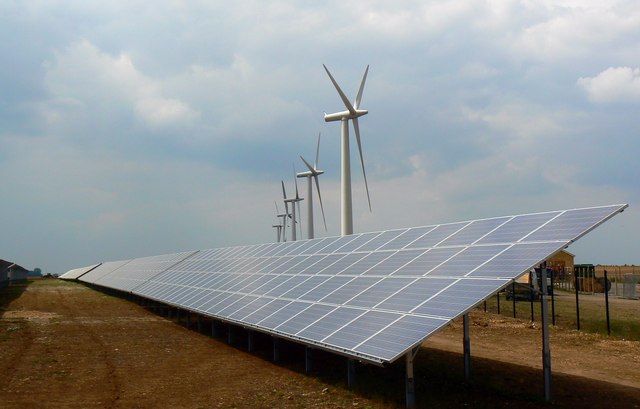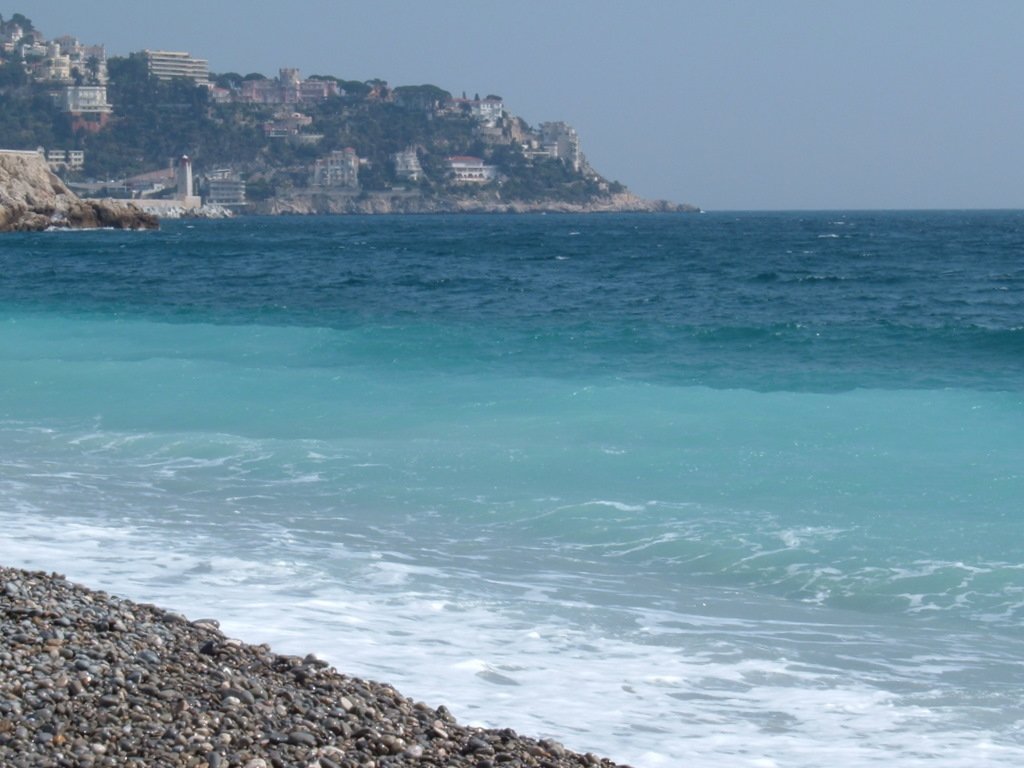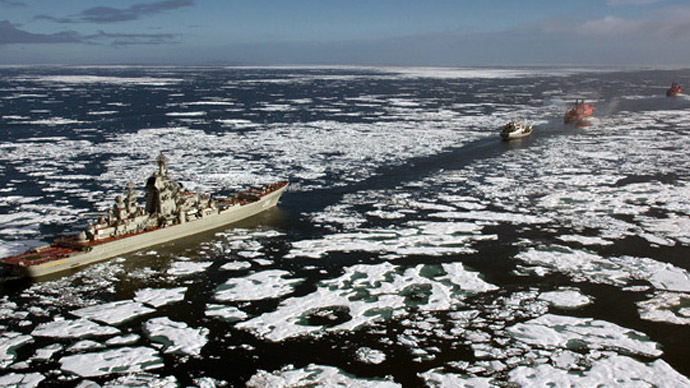The idea of sustainable development is fairly simple; a system of development that meets the needs of today while bearing in mind its ability to continue for the future. It is often the simplest of ideas which have the most perplexing complexities due to their openness and interpretation.
Earlier this year, a group of thirty leading academics, experts and practitioners joined to analyze the implications of global economics, technology and geopolitics on policy making in Canada and abroad in the sixth volume of The Art of the State: Redesigning Canadian Trade Policies for New Global Realities.
The head of the International Institute for Sustainable Development (ISSD), Scott Vaughan, dives deeper into the realities of global trade in his piece “Trade and Sustainable Development. ” He presents the evolution of sustainable development policy through international trade and its consequent development in bilateral and multilateral trade agreements. Vaughan also highlights the ebbs and flows of the relation between environmental and economic development in the domestic context and also the international community and the direction in which both are headed.
Vaughan states that part of the difficulty in harmonizing the interests of environmentalists and industrial policymakers has been the polarization of their respective perspectives. Environmentalists have traditionally opposed trade liberalization for fear of a “race to the bottom” where industrial activity is outsourced to low-cost countries with low environmental standards. This would increase specialization in manufacturing and increase the sheer size of environmentally hazardous operations in the name of competition and achieving economies of scale. On the other hand, trade policymakers often overlook these concerns, focusing on increasing the flow of traded goods and services with the mindset of short term economic gains and underestimating industrial impact on the environment.
This is where, during the mid-90s, the World Trade Organization (WTO) came into the scene, attempting to seriously incorporate environmental standards and concerns into trade policy. To address the concerns of environmentalists and simultaneously appease industrialists, the WTO took measures through its dispute settlement mechanism, the Appellate Body. This body ensures that trade measures take careful consideration of environmental pursuits and standards while giving leeway for governments to negotiate their own trade policies, ensuring certain ecological standards are accepted.
These trends are present in bilateral and regional elements of trade negotiations. For example, the 1994 North American Free Trade Agreement (NAFTA), included trade-related environmental impact assessments and various investor-state disputes settlement (ISDS) mechanisms. While NAFTA has received criticisms over its largely ineffective operations, over the years these initial environmental standards have resulted in a trickle-down effect on bilateral trade agreements between countries including environmental compliance clauses. Vaughan believes trade organizations like the WTO and NAFTA have established the foundation for more developed environmental policies in the future.
Vaughan also identifies a lack of enforcement measures and clarity when differentiating between trade in environmental initiatives and other industrial products which contribute to existing inefficiencies. The Ontario Feed-In Tariff (FIT) promotes the development of renewable energy products by offering attractive rates for the electricity produced and exemplifies this problem, with the WTO refusing to determine whether this qualifies as a subsidy. However, Vaughan ends on a brighter note by mentioning Canada´s position as a leader in the development of sustainable trade policies with exports in environmental goods comprising 1.3% of the national GDP in 2013.
Although Vaughan´s ideal balance of economic development and environmental sustainability has been largely difficult to attain, all is not lost. Despite the large amount of manufacturing activity moving to the developing world in the face of increasing trade liberalization, the development of renewable technologies is becoming a more attractive investment option. A prime example is China, the manufacturing powerhouse of the world, and also the world´s largest investor in renewable energy with investments last year rising by 32% to US $89.5bn. In comparison, the US invested US $51.8bn in renewable energy sources, amounting to 58% of China´s investment. Despite China´s designation as a developing country, it is managing to gradually incorporate green industry into its manufacturing processes. Although it might require large amounts of initial start-up investment funds, there is also less capital and time required to transition existing equipment, when green industry practices can be utilized from the beginning.
There are also promising trends in international trade with leading green energy countries like Canada, getting together to form the Environmental Goods Agreement (EGA); working towards trade liberalization in environmental goods. Though the matter of green industry is a work in progress, it is an issue which is important to warrant consideration from both environmental and economic perspectives in the formulation of future policy decisions.




